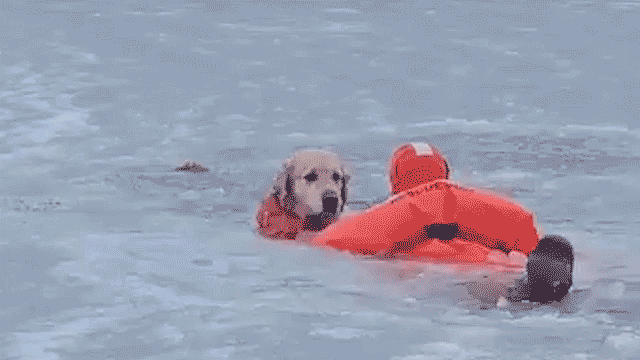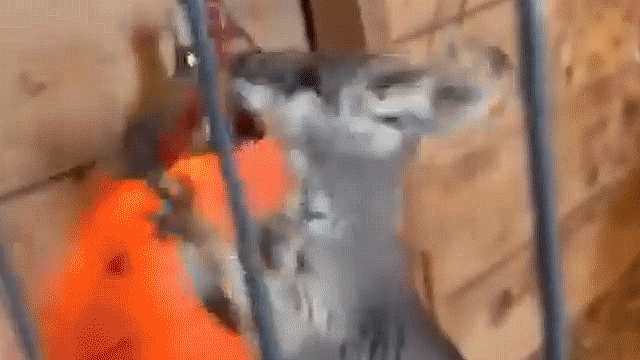How AI is helping commercial kitchens identify and reduce food waste
Winnow CEO Marc Zornes and Iberostar Group's Dr. Megan Morikawa discuss how artificial intelligence can target food waste in commercial kitchens — and improve both business efficiency and global sustainability.
Food waste makes up an estimated 30% to 40% of the food supply, according to the U.S. Department of Agriculture — and now a London company is using artificial intelligence in an attempt to address the problem.
Winnow, a food waste solution company, has developed an AI-powered system that aims to reduce food waste in commercial kitchens worldwide.
CEO Marc Zornes said the company's tech can measure the foods that get tossed daily using machine learning and a camera.
CHATGPT LIFE HACKS: HOW USERS ARE SPAWNING GROCERY LISTS FROM AI-GENERATED RECIPES AND MEAL PLANS
"We use computer vision to identify what's being wasted in real time, literally as the food's being thrown away," he told Fox News Digital in an interview.
A scale is placed underneath the system to measure how much food is wasted, Zornes explained.
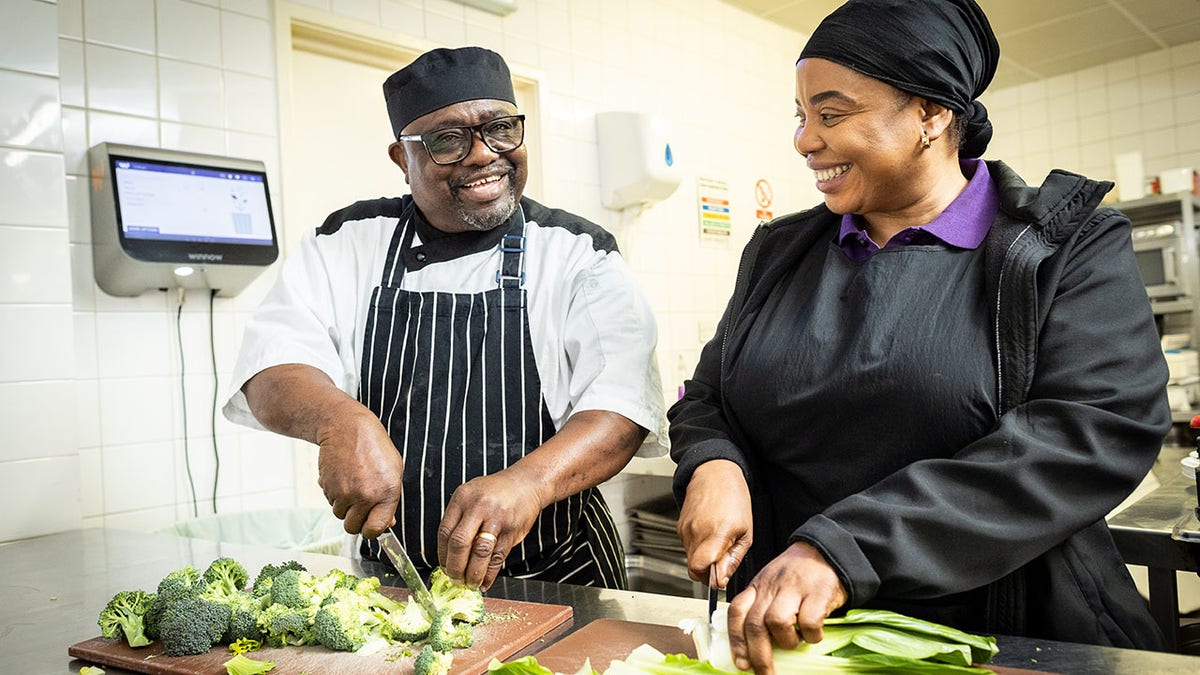
Two chefs are pictured chopping up vegetables next to a Winnow device, which uses AI technology to measure food waste. (Winnow)
From there, Winnow can help decipher the cost and profile of the discarded food.
"With that data, we give information back to the culinary team and to management showing the total value of food waste, connecting that with the volume of food they serve or purchase to help them make decisions to drive down food waste," Zornes said.
"We like to think of it as helping them to purchase, prepare or produce better."
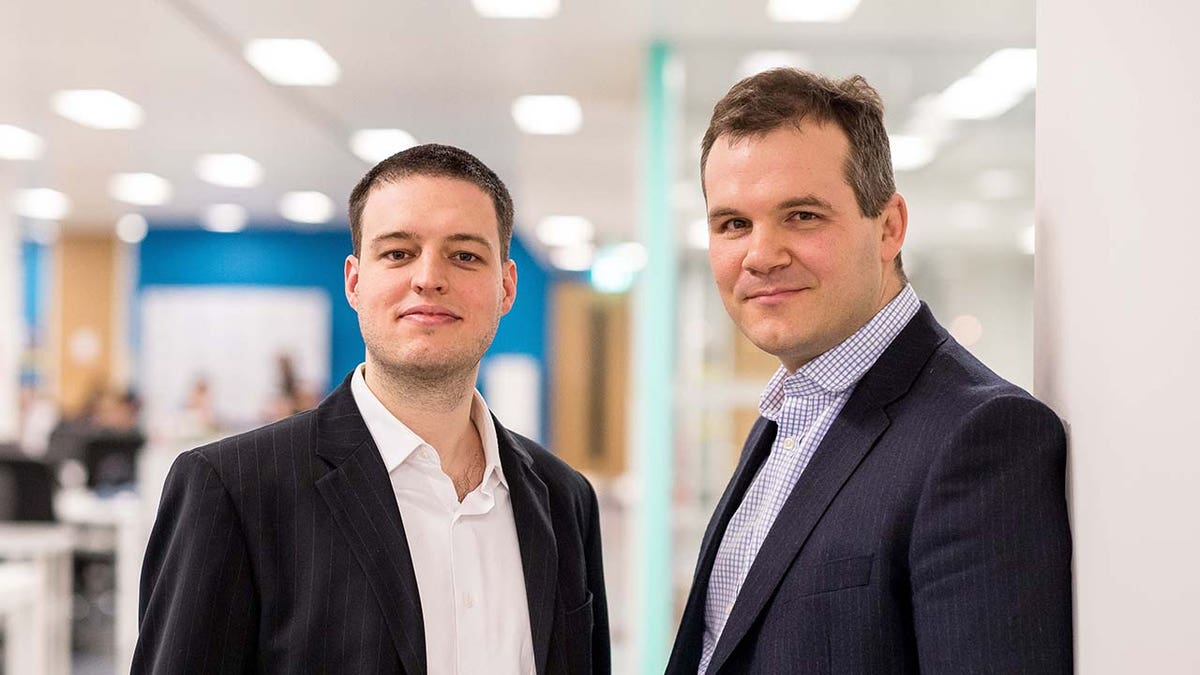
Marc Zornes, Winnow's CEO (at right) is shown with co-founder Kevin Duffy at left. Zornes said the company's tech can measure food waste. (Winnow)
One of Winnow's clients, the international hotel and resort group Iberostar, has implemented the tech into its own kitchens at locations worldwide.
Dr. Megan Morikawa, Iberostar Group's global director of sustainability, told Fox News Digital the company’s strategy is to "bring protection for the oceans across the hospitality business."
Morikawa, of Washington, D.C., is also a marine biologist — and said Winnow is helping Iberostar achieve its objectives, including reaching carbon neutrality by 2030.

An Iberostar beachfront resort in the Dominican Republic. Dr. Megan Morikawa, Iberostar Group's global director of sustainability, said the company's strategy is to "bring protection for the oceans across the hospitality business." (Iberostar)
The company wants to improve the ecological health of the natural areas surrounding the 100+ Iberostar properties in 16 countries — about 80% of which are beachfront, she noted.
Shrinking food waste's footprint
For customers at all-inclusive, luxury hospitality locations, the food experience is "integral to both their cultural and culinary exploration," said Morikawa.
AI DEFINES ‘IDEAL BODY TYPE' PER SOCIAL MEDIA – HERE'S WHAT IT LOOKS LIKE
But the carbon footprint left behind from food waste, the company found, had more of an environmental impact than all the electricity consumed on its properties.
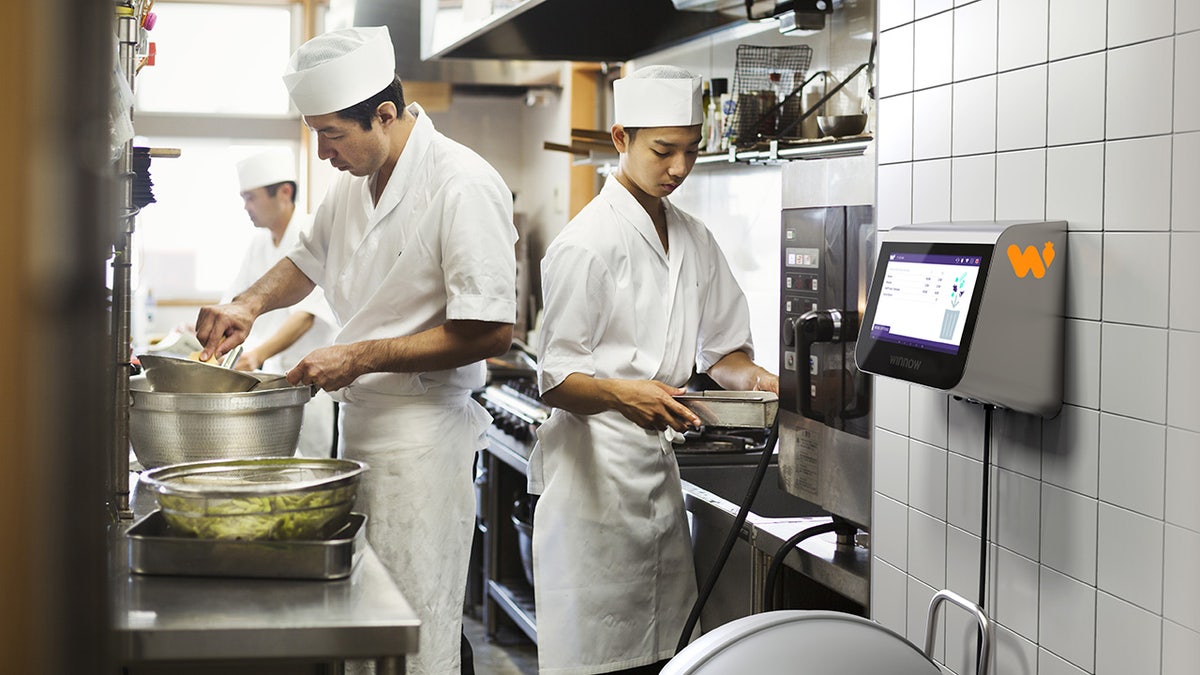
Food waste makes up an estimated 30% to 40% of the food supply, according to the U.S. Department of Agriculture. (Winnow)
Taking steps to reduce the environmental impact of food waste can benefit the world's oceans, according to Morikawa.
"The oceans are beautiful places for us to work and see, and they're at risk," she said. "And some of the best ways we can help them are through the actions we're taking in our operations."
AI TECH IDENTIFIES SUICIDE RISK IN MILITARY VETERANS BEFORE IT'S TOO LATE: ‘FLIPPING THE MODEL’
The ocean's plants produce oxygen that humans breathe, and help to absorb the CO2 that drives climate change, said Morikawa.

The Coral Level at Iberostar Selection Bávaro in Punta Cana is pictured here. (Iberostar)
The food system accounts for as much as 30% of all greenhouse gas emissions, Zornes said.
Food waste is also the leading cause of water withdrawals and biodiversity loss, as about a third of all food is wasted.
"Every single time someone throws food away, we create information that helps AI get smarter."
"That happens across the supply chain," Zornes said. "And whether you care about it from a climate perspective or just an inefficiency perspective, it's a problem that we believe can be addressed."
He added, "Reducing food waste helps kitchens save on costs and buy less food, which then drives down the environmental impacts on our food system."
‘Assisted classification of food’
It's "a lot harder" to measure how food is wasted in industrial kitchens, which is why Winnow has been so beneficial for Iberostar, said Morikawa.
Winnow’s machine-learning model considers the time of day, the weight of food items and other characteristics such as color and shape.
As an example, Morikawa said Winnow can detect whether a yellow food item thrown into its bin in the morning is scrambled eggs, pineapple or something else.
"With Winnow Vision, we're able to have assisted classification of food, which allows us to much more efficiently see what we're throwing away at the end of a service and hit our targets of reducing food waste," she said.
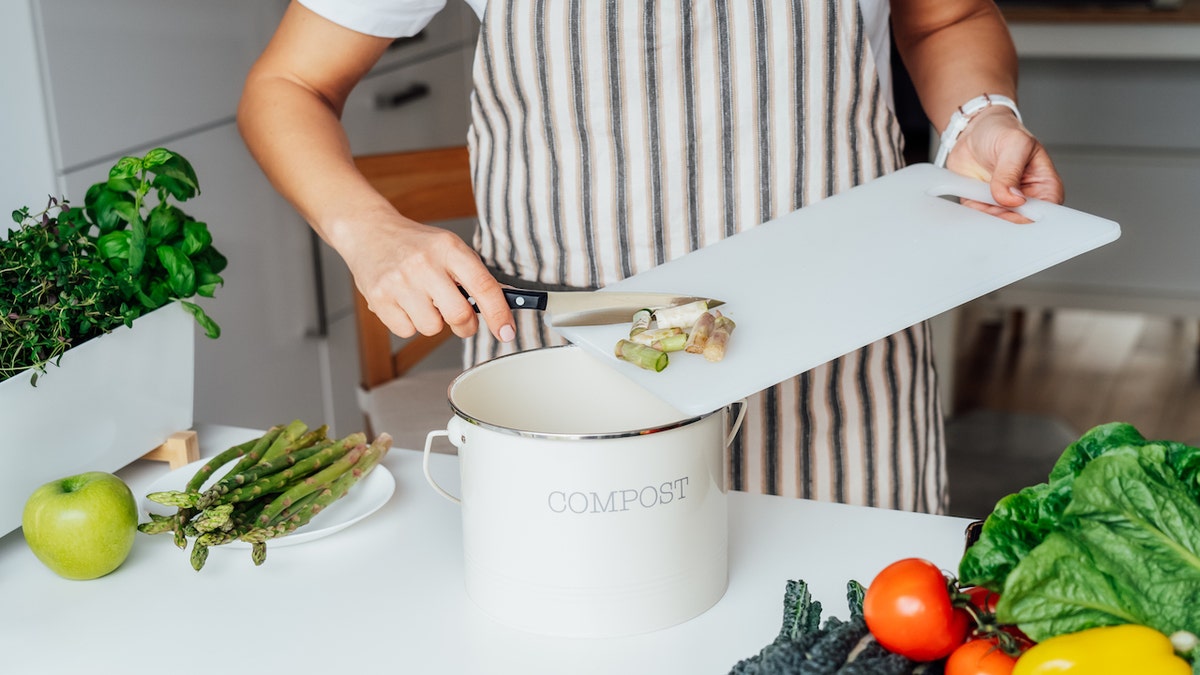
"With Winnow Vision, we're able to have assisted classification of food, which allows us to much more efficiently see what we're throwing away at the end of a service," said Morikawa. (iStock)
Zornes emphasized that "every single time someone throws food away, we create information that helps AI get smarter."
He said, "We are able to identify what's new in the bin by looking at what was in it before and after. Then we identify what that product is by taking the image and using it to train our model."
Each time Winnow takes photos in the more than 2,000 kitchens where it’s implemented right now, the information is fed into the computer vision model, which leads to the "very accurate and very powerful" identification of food waste, said Zornes.
"We identify what that product is by taking the image and using it to train our model."
Feedback from Winnow’s clientele has been "very positive," he said.
Iberostar's Morikawa agreed that AI systems like Winnow have become "key" to efficiency.
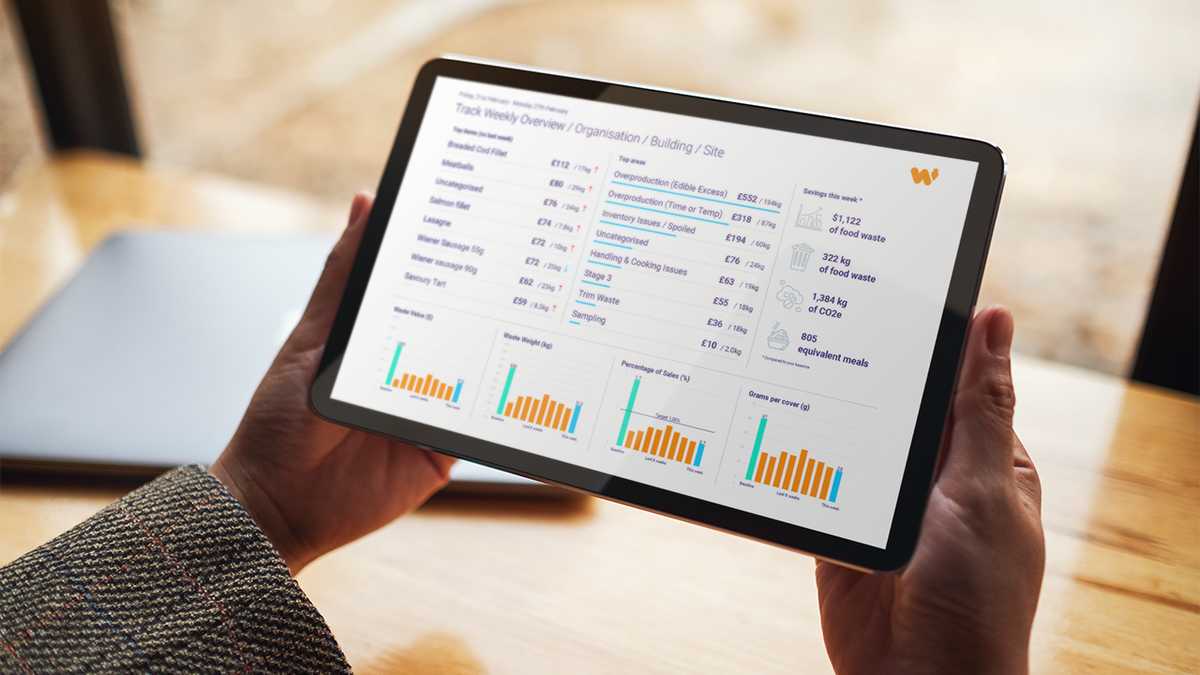
The Winnow system produces a food waste report — shown here — that tracks the foods and the amounts of food that are being wasted. (Winnow)
The real power of AI, Zornes suggested, is that it "allows us to do things we previously didn’t imagine were possible," including simplifying important tasks like managing food waste.
"We’re excited about the way this technology is progressing," he said. "Through advanced analytics, we see [kitchens] better able to predict what they need to prepare."
CLICK HERE TO GET THE FOX NEWS APP
"We foresee leveraging computer vision in other parts of the kitchen to help understand how they can prepare food, hire and operate more efficiently," he also said.
Winnow’s "medium-term" ambition by the end of the decade is to prevent $1 billion per year from being wasted.
CLICK HERE TO SIGN UP FOR OUR LIFESTYLE NEWSLETTER
To date, the company's AI tech has saved $175 million in food waste, according to Zornes.















